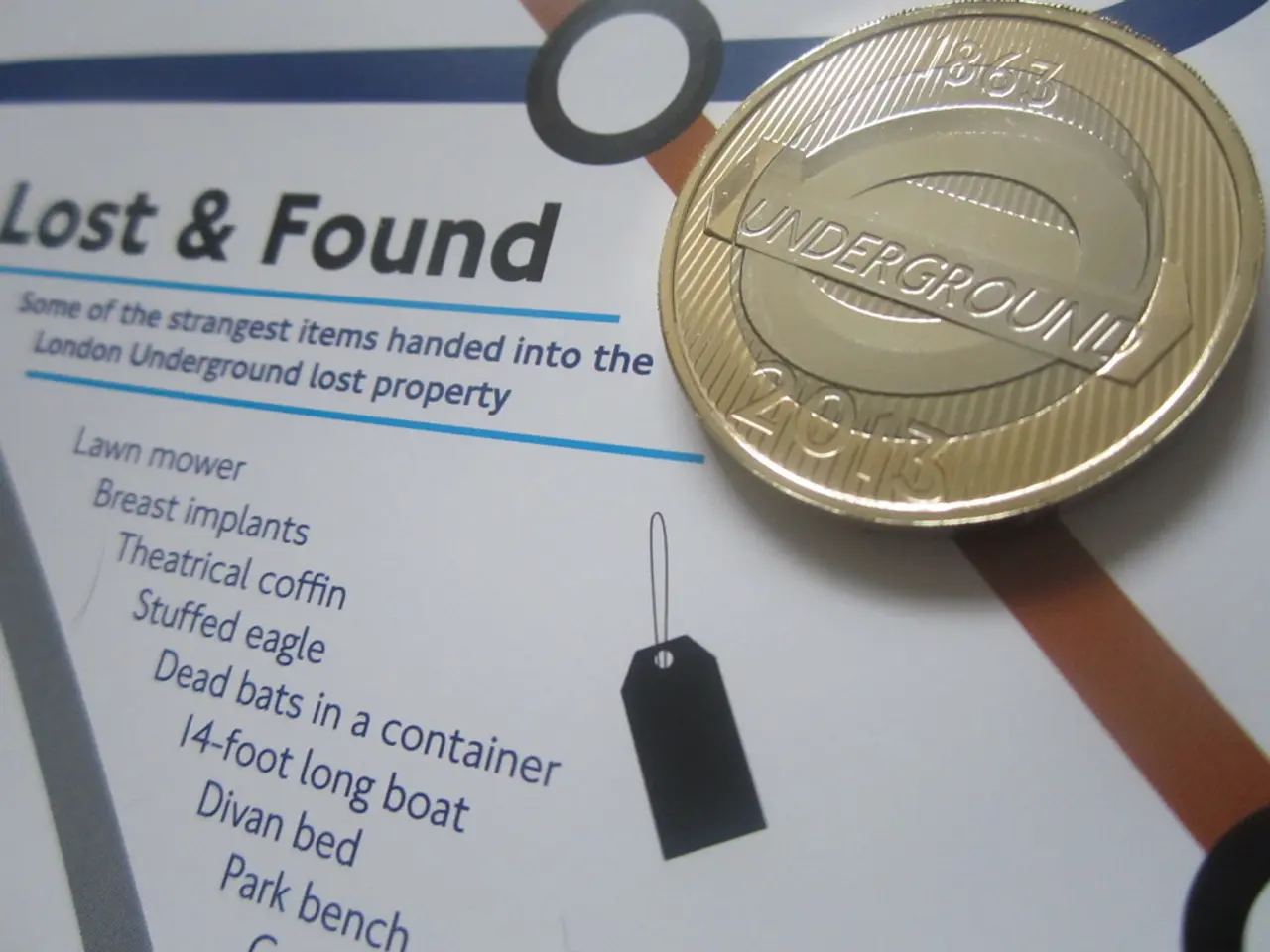Philippines-based digital money platform, Coins.ph, introduces its first regulated stablecoin
The Philippine financial landscape is witnessing a significant shift, as Coins.ph's Philippine peso-backed stablecoin, PHPC, has officially graduated from the BSP (Bangko Sentral ng Pilipinas) Regulatory Sandbox. This milestone marks a promising step towards PHPC becoming a key player in cross-border payments, offering a stable digital representation of the Philippine peso.
The exit from the sandbox was initially anticipated in June 2024, but it took a little longer than planned. Coins.ph has met and surpassed the requirements set by the BSP, demonstrating its commitment to compliance and innovation.
In a move to enhance cross-border transactions, Coins.ph has also integrated WUSD, an USD-backed stablecoin from WSPN, allowing for WUSD/PHP trading. This integration provides a seamless conversion of Philippine pesos into WUSD, promoting stability in value storage.
Coins.ph has also collaborated with HashKey Exchange to establish a regulated PH-HK crypto remittance corridor. This partnership facilitates near-instant fund transfers between PHP and HKD, improving remittance efficiency for Filipinos with ties to Hong Kong.
While WUSD is not directly pegged to the PHP, it provides an alternative stablecoin option for users looking to convert PHP to a stable digital asset pegged to the USD. Other stablecoins pegged to Southeast Asian currencies might emerge as competitors, though specific details on these are not currently highlighted in the Philippines' context.
Traditional cross-border payment systems like SWIFT and local banks continue to serve as competitors in the remittance market. However, digital alternatives like Coins.ph's PHPC stablecoin and collaborations like the PH-HK remittance corridor offer more efficient and potentially less expensive solutions.
It's important to note that the Philippines, with a diaspora of 16 million and being the world's fourth largest recipient of remittances, stands to greatly benefit from these advancements. As digital asset adoption accelerates, Coins.ph and its competitors are focusing on providing seamless, cost-effective solutions for both individual users and businesses.
Coins.ph reserves for the PHPC stablecoin are held at local banks in cash or cash equivalents. The company is subject to regular third-party audits of its reserves, smart contracts, and security infrastructure, ensuring transparency and accountability.
The Philippines, with only 56% of its population holding bank accounts as of 2021, presents a vast untapped market for digital financial services. Coins.ph, with its innovative approach and regulatory support, is well-positioned to lead the charge in this space.
Other Filipino stablecoins, such as the joint bank stablecoin PHPX, are also in development. UBX, a fintech spin-off of UnionBank of the Philippines, is involved in the development of PHPX, further demonstrating the growing interest in digital currency solutions in the Philippines.
As the landscape evolves, it's clear that the Philippines is embracing digital finance, with Coins.ph playing a pivotal role in shaping the future of cross-border payments in the country.
- Coins.ph's Philippine peso-backed stablecoin, PHPC, has graduated from the BSP Regulatory Sandbox and is poised to become a key player in cross-border payments.
- In an effort to enhance cross-border transactions, Coins.ph has integrated WUSD, an USD-backed stablecoin from WSPN, enabling WUSD/PHP trading and promoting stability in value storage.
- Coins.ph has collaborated with HashKey Exchange to establish a regulated PH-HK crypto remittance corridor, improving remittance efficiency for Filipinos with ties to Hong Kong.
- Other stablecoins pegged to Southeast Asian currencies might emerge as competitors, and the Philippines, with a diaspora of 16 million and a vast untapped market for digital financial services, is well-positioned to lead the charge in this space.






